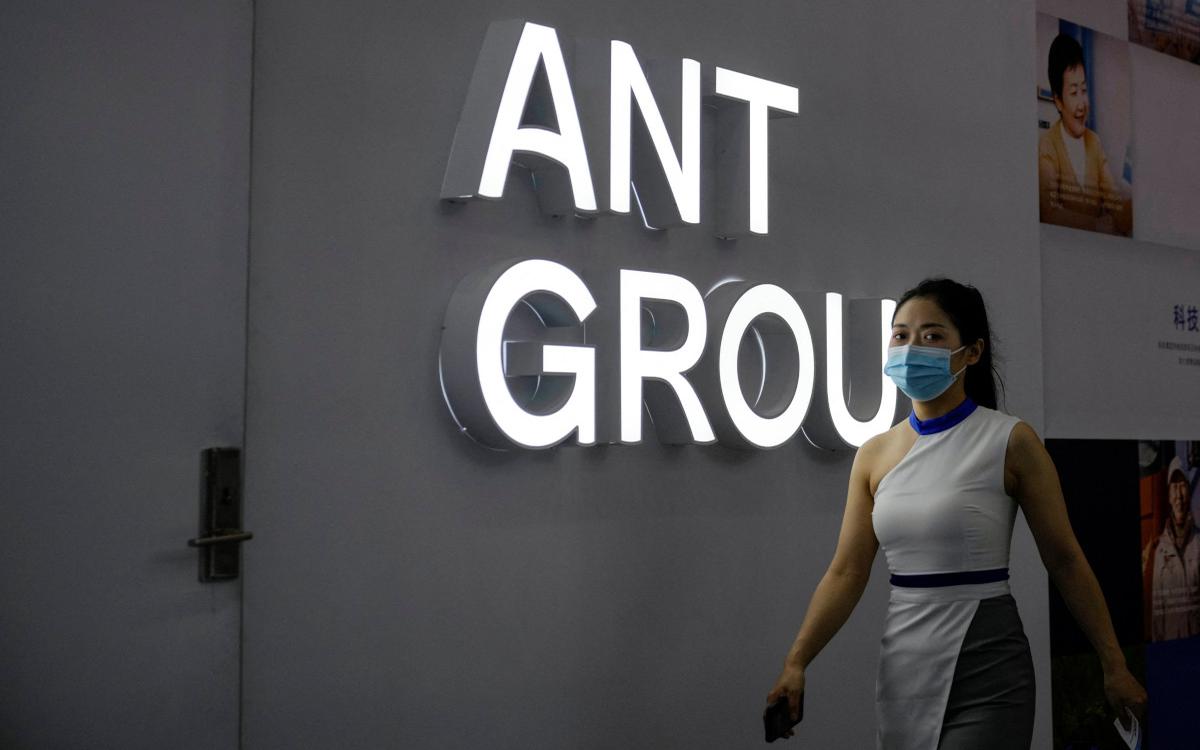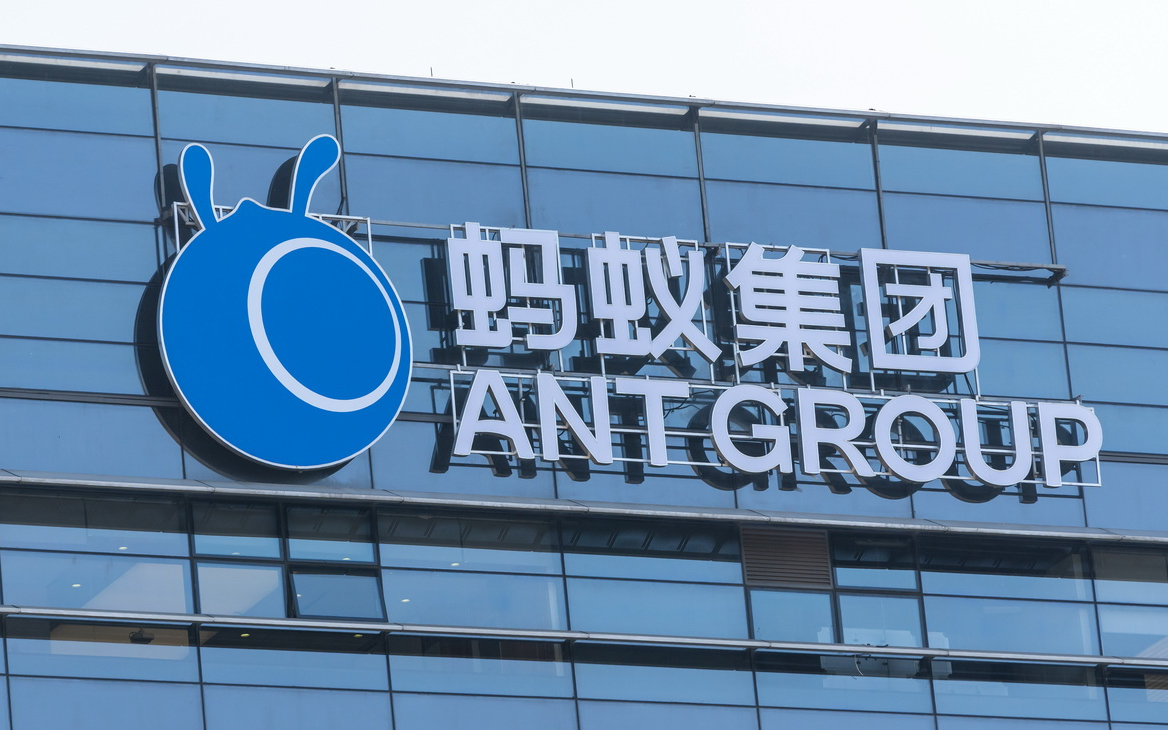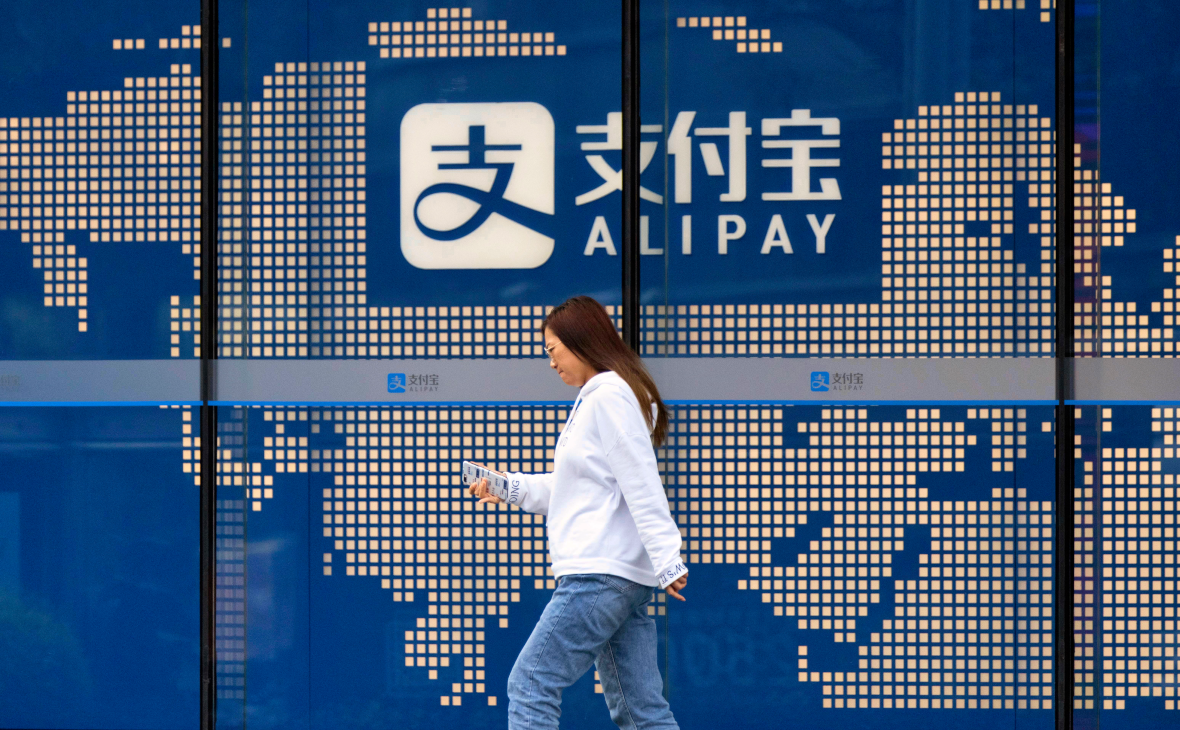In 2020, Ant plans to conduct an IPO that could be the largest in history. However, the PRC regulator canceled the placement and the company embarked on a corporate restructuring. Paying the fine will help Ant return to the IPO plan
Photo: Aly Song/Reuters
Fintech company Ant Group, a subsidiary of China’s Alibaba, could be fined more than $1 billion informed Reuters with reference to informed sources. The fine is likely to be imposed for Ant’s alleged misdemeanors relating to the “disorderly expansion of capital” and the related financial risks its business has caused, they said. The Chinese regulator could announce the fine in the second quarter of next year, the source said.
The fine will pave the way for the end of the fintech company’s restructuring process, the agency writes. A Chinese fintech company’s $37 billion IPO was canceled in 2020. After that, it started restructuring the business.
Paying the fine could help Ant Group obtain a long-awaited financial holdings license and eventually return to its plan to go public, the publication reported. The financial holding license will impose the same capital restrictions and requirements on the company that apply to traditional Chinese banks.
Ant Group’s fine will be the largest regulatory fine imposed on a Chinese internet company since a Chinese regulator fined one of the world’s largest taxi services, DiDi Global, $1.2 billion in July.
Alibaba, the parent company of Ant, received last year record well in the amount of 18 billion yuan ($2.51 billion) for violating antitrust laws.
Ant Group owns the Alipay payment service. It is the largest digital payment platform in China. More than 1 billion people use it worldwide. Additionally, fintech provides online banking, insurance, lending, and wealth management services.
Chinese authorities canceled the IPO of Ant Groupscheduled for November 2020 on the Shanghai and Hong Kong stock exchanges. Regulators have suspended the offering because the company may not have met listing or disclosure requirements. The company’s public debut could have been the largest initial public offering in history.




